H.M.S. Devastation
click on the picture for the VIDEO
1 — A new expert in crustacea reigns at the museum. He was good enough
to read this story, was most courteous and kind, and told off an assistant to
show me specimens of all the Christmas Island crabs, not one of which had
the slightest resemblance to those I saw. But, alas ! he also put me in the
category of those who unconsciously tell fairy stories.

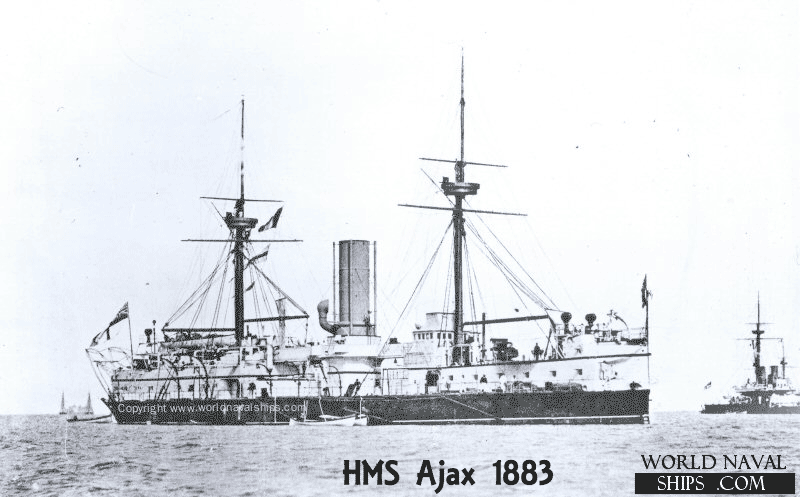
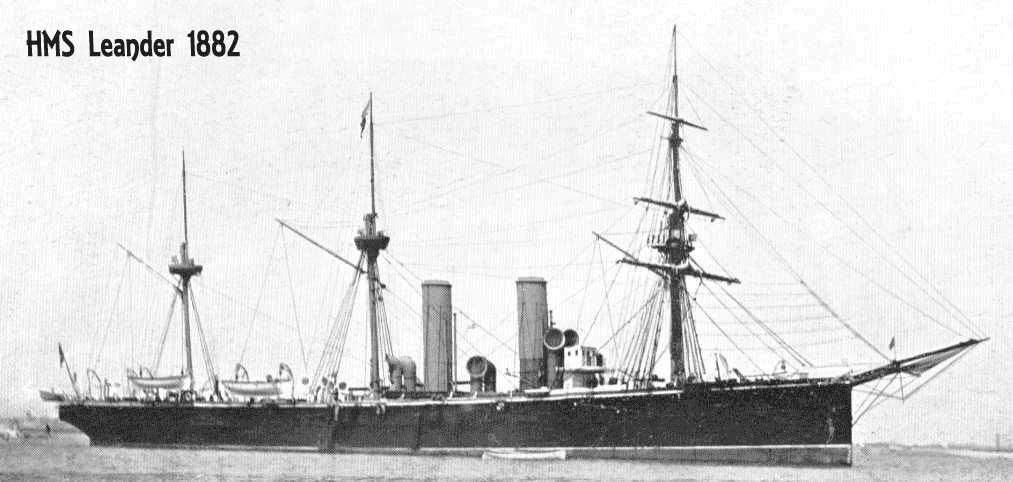
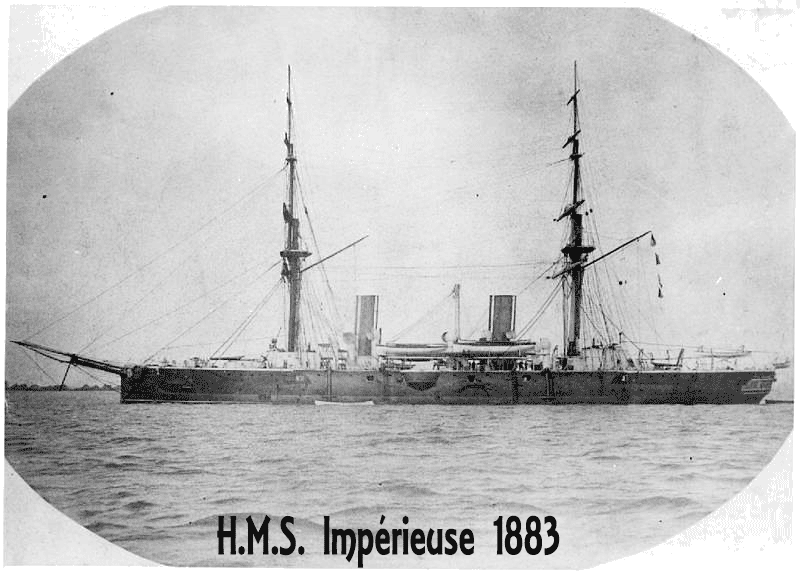
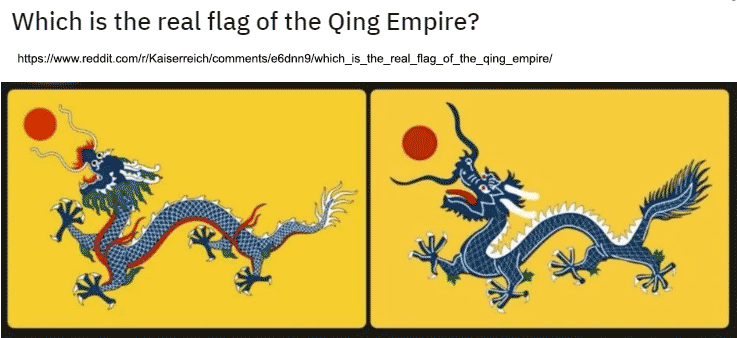
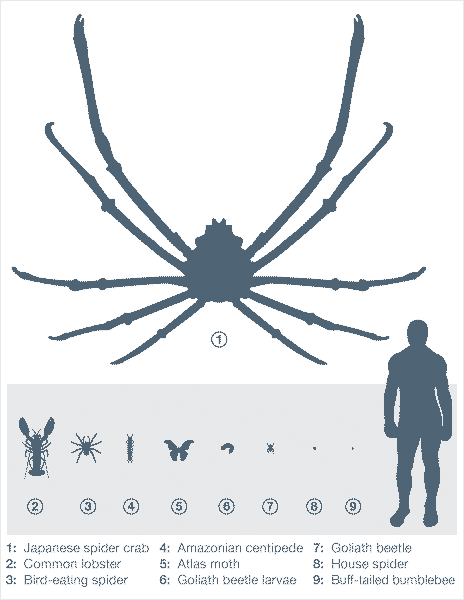

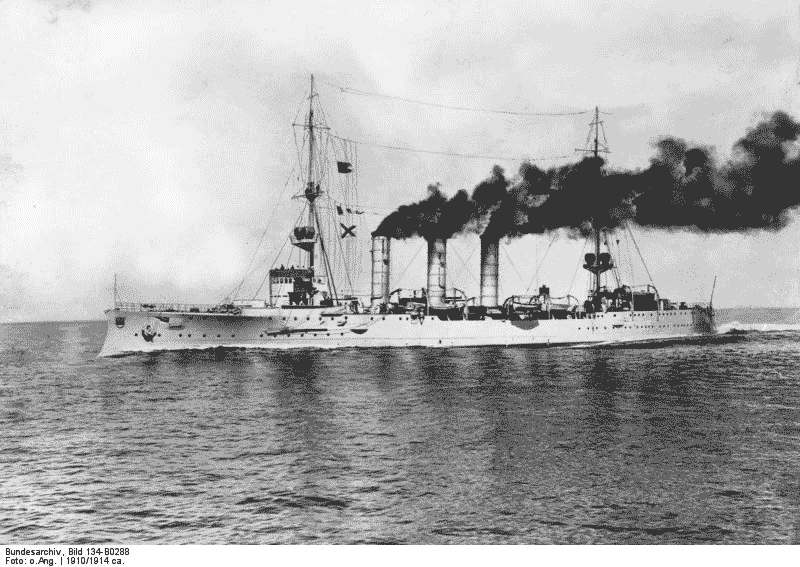
 [click]
[click]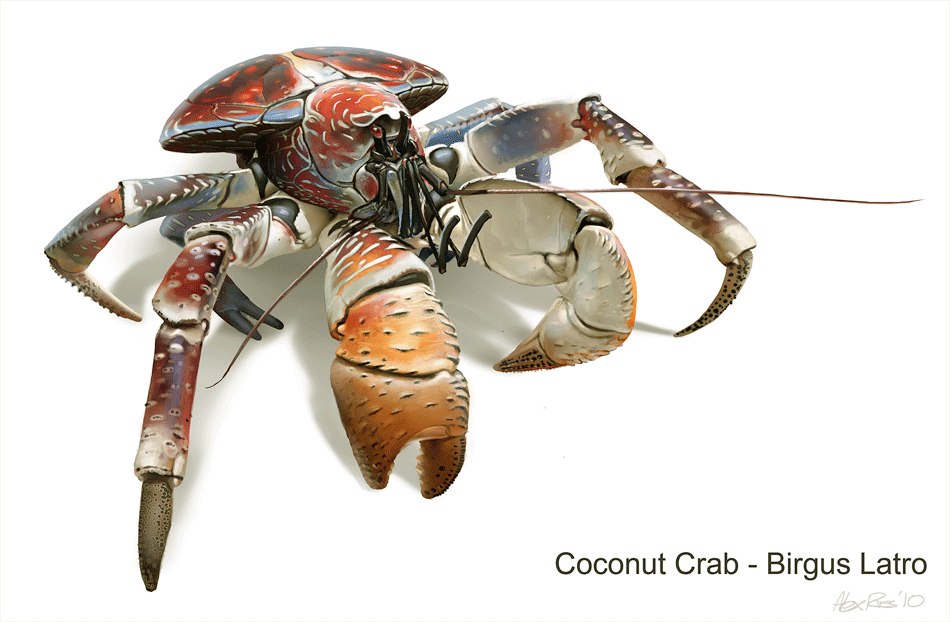
 [click]
[click]